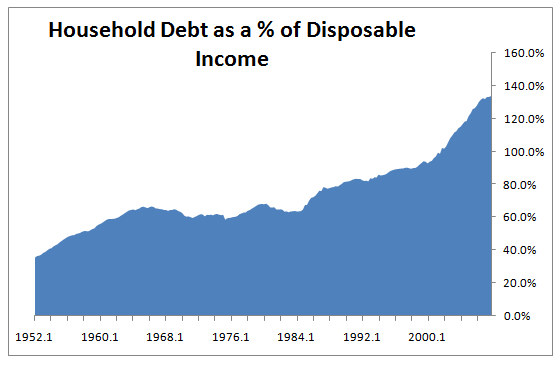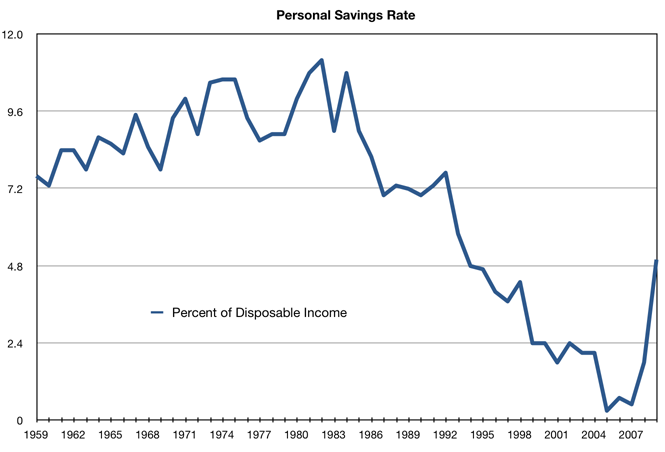PGreen
Active Member
- Nov 24, 2014
- 263
- 44
- 33
The number of Americans who can afford to pay off their credit cards continues to drop, according to a new survey.
The survey by Bankrate.com found that only 51 percent of Americans have enough cash in their emergency accounts to clear themselves of credit card debt. That’s the lowest percentage since the firm began tracking the number in 2011.
Close to half of Americans have more credit card debt than savings - CBS News
The survey by Bankrate.com found that only 51 percent of Americans have enough cash in their emergency accounts to clear themselves of credit card debt. That’s the lowest percentage since the firm began tracking the number in 2011.
Close to half of Americans have more credit card debt than savings - CBS News



